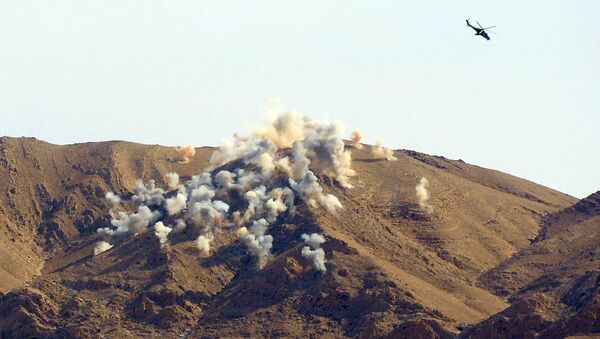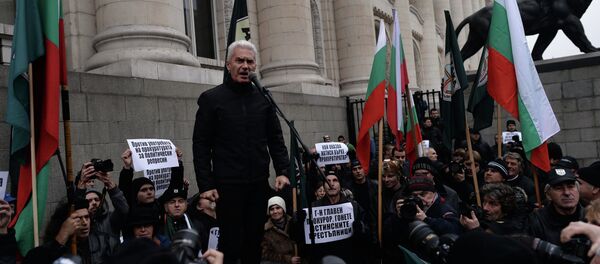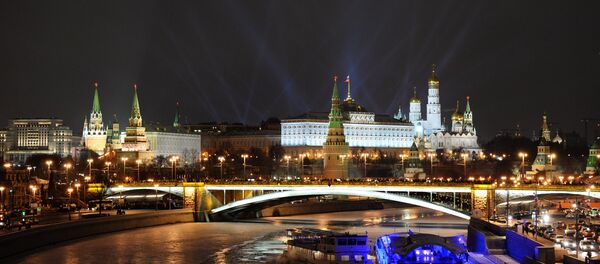WASHINGTON (Sputnik) — US policymakers are divided and uncertain whether and under what circumstances they should team up with Russia in fighting terrorism, analysts told Sputnik.
"The United States can no longer act as though there is a unipolar world, but there is something deeper going on; the fight against terrorism. There seems to be a deep schizophrenia in the ruling elite here in the US," John Walsh, a US scientist and political commentator, told Sputnik on Monday.
Russian President Vladimir Putin repeated his support for cooperation with the United States in the global struggle against terrorism in a national telecast on Thursday.
There were a growing number of indications that different departments and groups of policymakers in the US government were acting independently of each other and sometimes at cross purposes in dealing with Islamist groups, Walsh observed.
The role President Barack Obama appeared confused and uncertain in this situation, Walsh noted.
"Is Obama playing a duplicitous game and he is also supporting extremist forces? Is Obama striking a pose on this so as not to disturb the neoconservative/liberal interventionists and their allies or is he playing the same old games?" he asked.
US Secretary of State John Kerry in his negotiations on Syria and Ukraine with Russian Foreign Minister Sergei Lavrov appeared to want a more conciliatory foreign policy, Walsh suggested.
However, Kerry faced determined forces seeking to block him within the Obama administration, Walsh maintained.
"It appears that there is a kind of detente emerging from the Kerry-Lavrov negotiations, but we can only wonder about its success. Again there is a discernible shift toward a more pacific foreign policy since [Hillary] Clinton left [her old position as secretary of state in January 2013]," he stated.
"My view is that Putin is very diplomatic, at least in words. He hopes to make the United States a partner in the fight against terrorism," Bricmont told Sputnik.
However, Bricmont agreed that the Obama administration was divided on how to respond to the repeated Russian offers to team up against terrorism.
Putin "hopes to make the United States a partner in the fight against terrorism. He probably realizes that the US administration is divided on these issues. He also knows that the US population is less and less favorable to unilateral interventionist policies," he pointed out.
However, Putin's views continued to be systematically misrepresented in the mainstream US media, Bricmont concluded.





